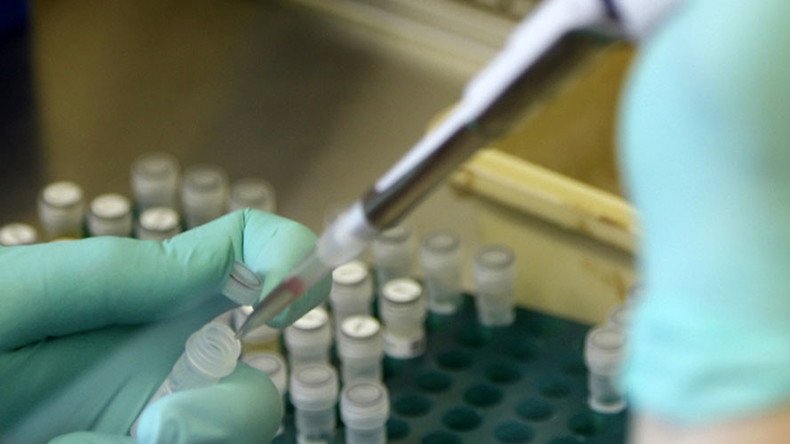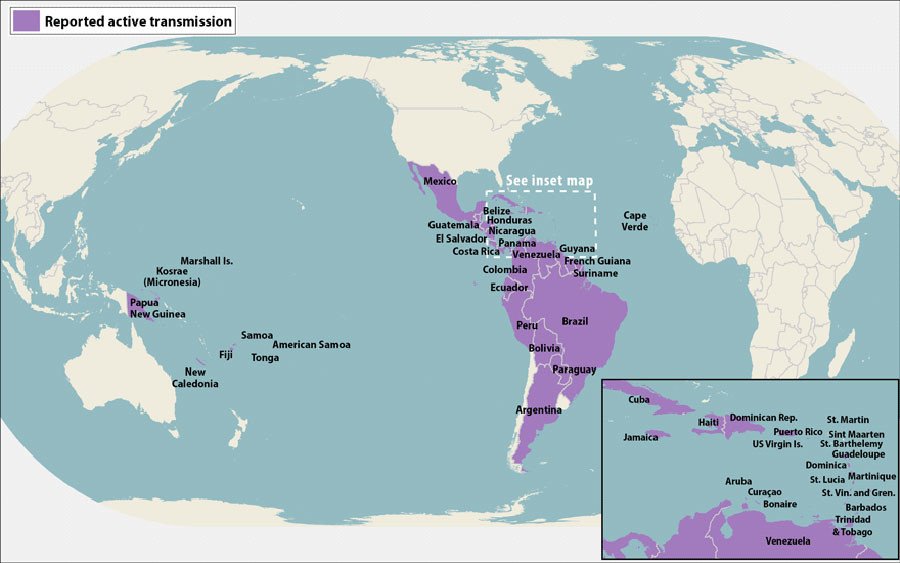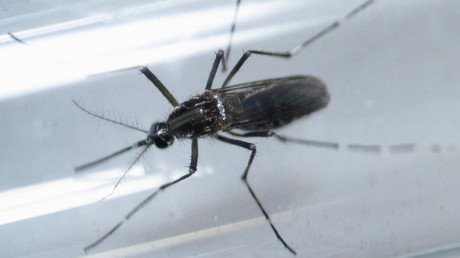Baby born at New Jersey hospital with Zika-related defect

Officials at the Hackensack University Medical Center in New Jersey, seven miles west of New York’s Manhattan Island, say the baby girl delivered by cesarean section on Tuesday is displaying obvious Zika-related symptoms.
The infant’s 31-year-old mother has not been identified but comes from Honduras, where she is believed to have contracted the disease, report AP.
The Zika virus has been detected in at least 58 countries and territories around the world, with South America the area reporting the most active transmissions. The New Jersey case is the second reported US birth with defects believed to be caused by the virus.

Earlier this year, the government of Honduras issued a state of emergency after more than 3,500 Zika virus cases were discovered in the country, Telesur TV reported.
Despite this, the US Centers for Disease Control and Prevention has currently placed an amber Zika alert on the Central American nation, meaning visitors to Honduras should just “practice enhanced precautions.”
The baby born in New Jersey is suffering from severe microcephaly, Dr Manny Alvarez of the Hackensack University Medical Center told The New York Times.
Microcephaly is a birth defect, which doctors have identified as a possible consequence of unborn babies being infected with the Zika virus. The condition affects the development of the brain, according to the Centers for Disease Control and Prevention, and results in a baby’s head being smaller than normal.
Dr Abdulla Al-Khan, who practices in maternal-fetal medicine at the New Jersey hospital, provided an update on the condition of the child, telling AP that due to the brain defect the prognosis is “generally very poor.”
This Zika case comes six months after a woman gave birth to an infected child in Oahu, Hawaii after travelling from Brazil. The Department of Health in Hawaii has said that Zika is “not currently circulating” in the region and that all cases in the area had originated in a different country.
A statement from the Centers for Disease Control and Prevention says that there are 310 pregnant women within US states and territories that display laboratory evidence of Zika infection.
It’s not yet known at what point during pregnancy women can pass on the virus, which is most likely to be contracted by a mosquito bite but can also be transferred from a male partner during sex.













